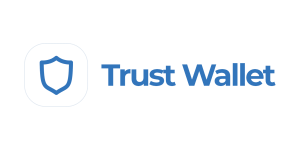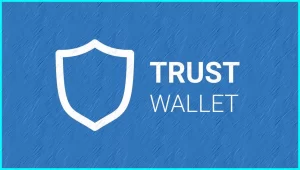Is it Binance that owns Trust Wallet?
Yes, Binance acquired Trust Wallet in 2018. It is now a subsidiary of Binance, although Trust Wallet remains an independent app and supports multiple blockchains.
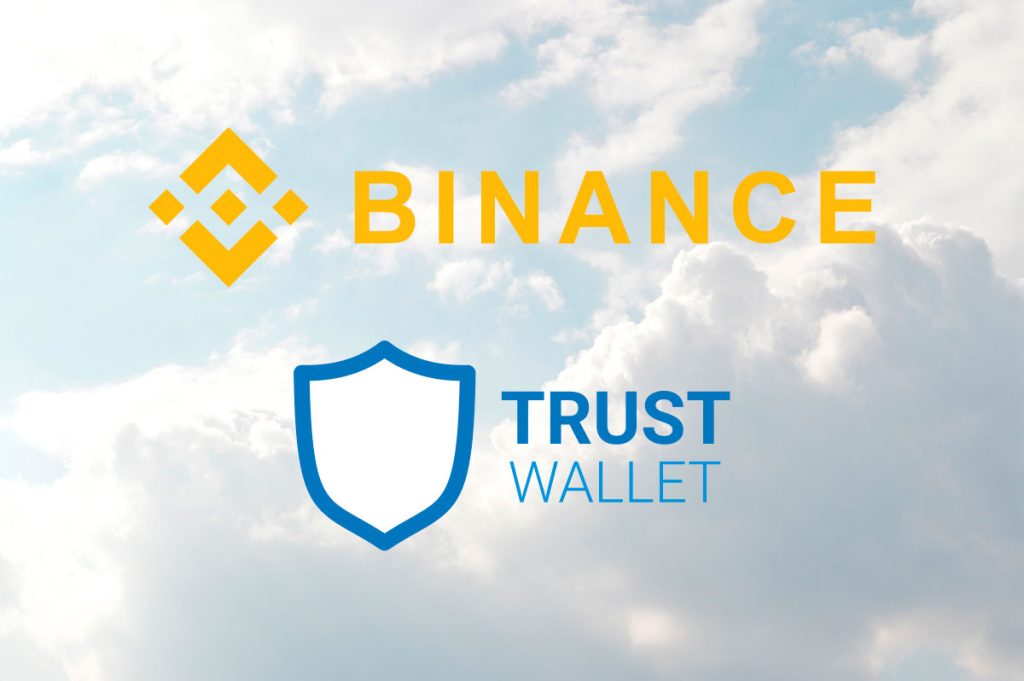
Understanding Trust Wallet Ownership
Who Owns Trust Wallet?
- Binance Acquired Trust Wallet: Binance, one of the world’s largest cryptocurrency exchanges, acquired Trust Wallet in 2018. This acquisition allowed Binance to strengthen its ecosystem by offering a secure, user-friendly wallet for storing a variety of cryptocurrencies.
- Independent App: Despite Binance’s acquisition, Trust Wallet operates as an independent app, allowing users to access and manage their assets without directly depending on Binance’s exchange platform. It supports multiple blockchains and is not limited to Binance’s ecosystem.
- Open-Source Project: Trust Wallet is an open-source project, meaning its code is publicly available for review and contribution. This open-source nature allows for broader community involvement in improving its functionality and security.
Trust Wallet’s Relationship with Binance
- Binance’s Strategic Acquisition: Binance’s acquisition of Trust Wallet was a strategic move to provide users with a more decentralized and secure way to store digital assets. Trust Wallet allows users to store their crypto privately, without having to leave funds on exchanges.
- Integration with Binance Services: Although Trust Wallet is independent, it is integrated with Binance services for easy transfers. Users can connect their Trust Wallet to Binance for direct transactions between the wallet and the exchange, enhancing the overall experience for Binance users.
- Binance’s Continued Support: After acquiring Trust Wallet, Binance continues to support and develop the app. While it remains independent in terms of operations, Binance provides resources for its growth, ensuring regular updates and improvements for a better user experience.
Binance’s Acquisition of Trust Wallet
When Did Binance Acquire Trust Wallet?
- Acquisition in 2018: Binance acquired Trust Wallet in July 2018. The deal allowed Binance to expand its services by providing a secure, decentralized wallet solution for users outside its exchange platform.
- Strategic Move for Binance: The acquisition was part of Binance’s broader strategy to offer more services to its global user base. With Trust Wallet, Binance aimed to promote user control over private keys and digital asset storage.
- No Immediate Changes for Users: Following the acquisition, Binance did not implement any immediate changes to the functionality of Trust Wallet. The app continued to operate independently, maintaining its user-friendly features and multi-chain support.
How Binance’s Acquisition Affects Trust Wallet Users
- No Major Changes in User Experience: Users of Trust Wallet did not experience significant changes in functionality after the acquisition. The app continued to support various cryptocurrencies and blockchain networks, and users maintained control over their private keys.
- Increased Development Resources: With Binance’s backing, Trust Wallet has benefited from additional resources for its development. Users now enjoy more frequent updates, enhanced security features, and expanded token support, thanks to Binance’s investment.
- Improved Integration with Binance Services: Trust Wallet users gained better integration with Binance exchange services. Users can now seamlessly transfer funds between their Trust Wallet and Binance accounts, simplifying the trading experience for those using both platforms.

Trust Wallet’s Independence After Binance Acquisition
Does Binance Control Trust Wallet’s Operations?
- Trust Wallet Operates Independently: Despite Binance’s acquisition, Trust Wallet operates independently. Binance does not directly control the day-to-day operations of Trust Wallet, and the app continues to focus on providing a decentralized, user-focused experience.
- Separate Development Team: Trust Wallet has its own development team, and decisions regarding app updates, features, and security measures are made by this team, not Binance. This ensures that the wallet remains impartial and supports a variety of blockchains.
- Binance’s Role as a Supporter: Binance’s involvement is mainly in providing resources, such as technical support and financial backing, to help Trust Wallet grow. While Binance may influence future integrations, Trust Wallet’s core mission remains unaffected by the acquisition.
Trust Wallet’s Multichain Support Post-Acquisition
- Continued Multichain Support: After Binance’s acquisition, Trust Wallet has maintained and even expanded its multichain capabilities. Users can still store a wide range of cryptocurrencies from different blockchains, such as Ethereum, Binance Smart Chain (BSC), and more.
- Increased Token Support: With Binance’s resources, Trust Wallet has been able to integrate more tokens and assets. The wallet now supports thousands of tokens across different blockchains, including newer projects, ensuring a broader range of assets are available to users.
- Focus on User Flexibility: Trust Wallet continues to prioritize flexibility for its users, allowing them to manage assets from various blockchain networks. This multichain support is central to the wallet’s appeal, as it provides a single solution for managing diverse digital assets.
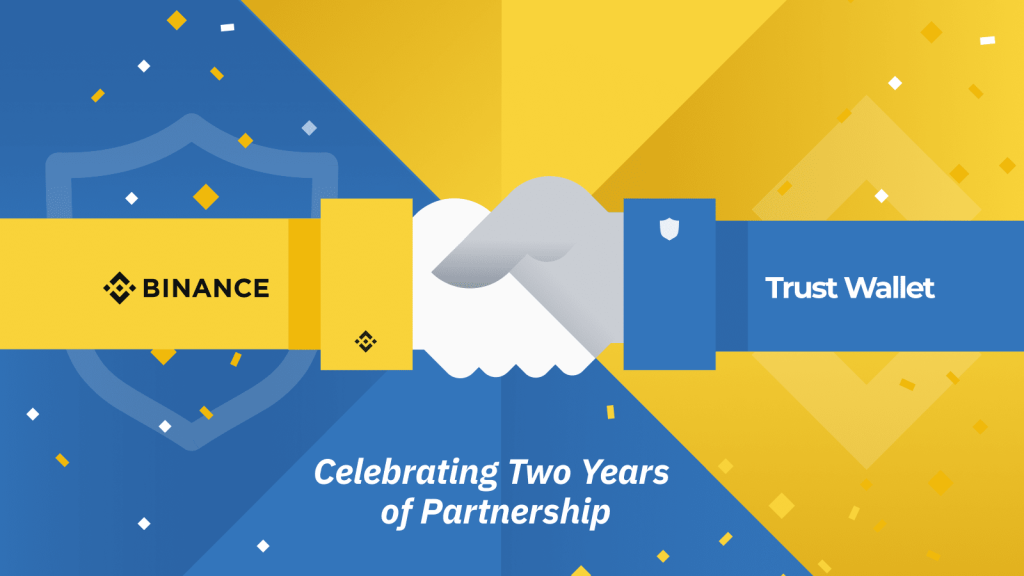
How Trust Wallet Functions Under Binance Ownership
Is Trust Wallet Still Decentralized?
- User-Controlled Private Keys: Trust Wallet continues to be a decentralized wallet, where users retain control over their private keys. This feature ensures that users have full ownership and access to their assets, not Binance or any other third party.
- No Custodial Control: Trust Wallet does not hold or manage users’ funds, meaning it does not act as a custodial wallet. Unlike exchanges, users are responsible for managing their own private keys and assets, which keeps the wallet decentralized.
- Focus on Security and Privacy: Trust Wallet maintains its focus on providing users with a secure and private way to store cryptocurrencies. Its decentralized nature means that no one, including Binance, can access or control your funds without your permission.
Binance’s Role in Trust Wallet Development
- Providing Financial Support: While Trust Wallet operates independently, Binance’s financial backing has allowed the wallet to scale quickly. Binance supports the wallet’s development by providing resources for security improvements, feature updates, and expansion of token support.
- Technical Resources and Expertise: Binance provides technical expertise and infrastructure to enhance Trust Wallet’s performance. This includes helping integrate new blockchain networks and ensuring the app’s functionality remains reliable and user-friendly.
- Facilitating Ecosystem Integration: Binance plays a role in integrating Trust Wallet with the broader Binance ecosystem. For example, users can easily transfer funds between their Trust Wallet and Binance exchange accounts, improving user experience while maintaining Trust Wallet’s decentralized philosophy.
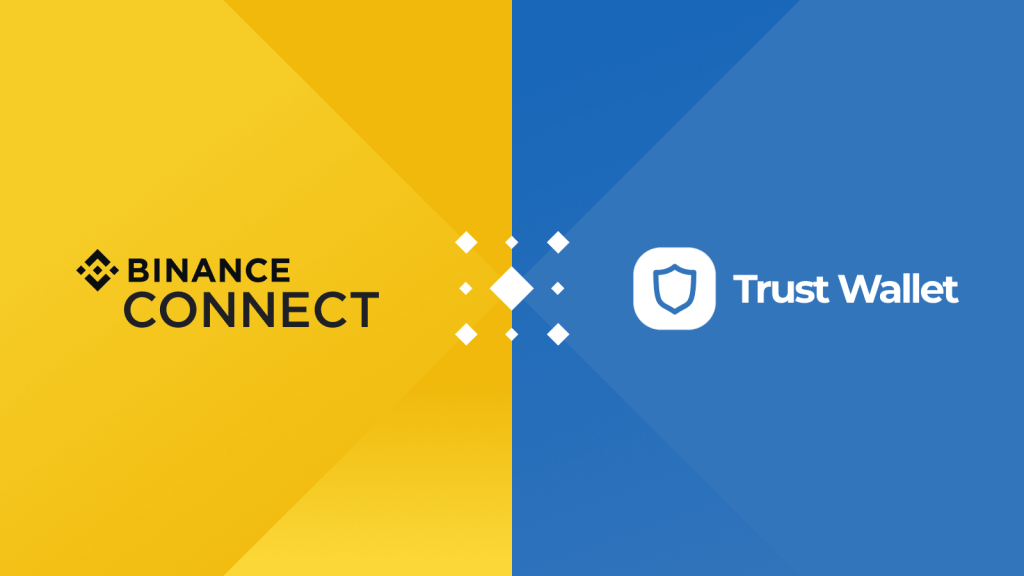
Trust Wallet and Binance Integration
How Trust Wallet Works with Binance Exchange
- Seamless Transfers: Trust Wallet integrates smoothly with Binance, allowing users to easily transfer cryptocurrencies between their Trust Wallet and Binance exchange accounts. This seamless integration provides a simple process for moving funds back and forth.
- Binance Smart Chain (BSC) Support: Trust Wallet supports Binance Smart Chain (BSC), making it easy for users to interact with decentralized applications (DApps) and tokens on the Binance network. Users can directly access BSC-based tokens and assets from within Trust Wallet.
- Quick Buy and Sell: Trust Wallet allows users to purchase cryptocurrencies directly within the app via Binance’s payment system. This integration streamlines the process, allowing users to buy, store, and manage assets without leaving the Trust Wallet interface.
Benefits of Using Trust Wallet with Binance
- Enhanced Security: By using Trust Wallet, users maintain full control over their private keys, enhancing the security of their funds. Even when transferring funds to Binance, users can retain control of their crypto assets while enjoying secure transactions.
- Lower Fees: Transactions between Trust Wallet and Binance can be more cost-effective compared to transferring funds from a third-party wallet or external exchange. Binance often offers reduced fees for users who use Trust Wallet for Binance-related transactions.
- User-Friendly Experience: The integration between Trust Wallet and Binance enhances the overall user experience by making it easier to manage digital assets, trade on Binance, and interact with DApps. It simplifies the process for users who want to manage their funds in one place while benefiting from Binance’s exchange features.

